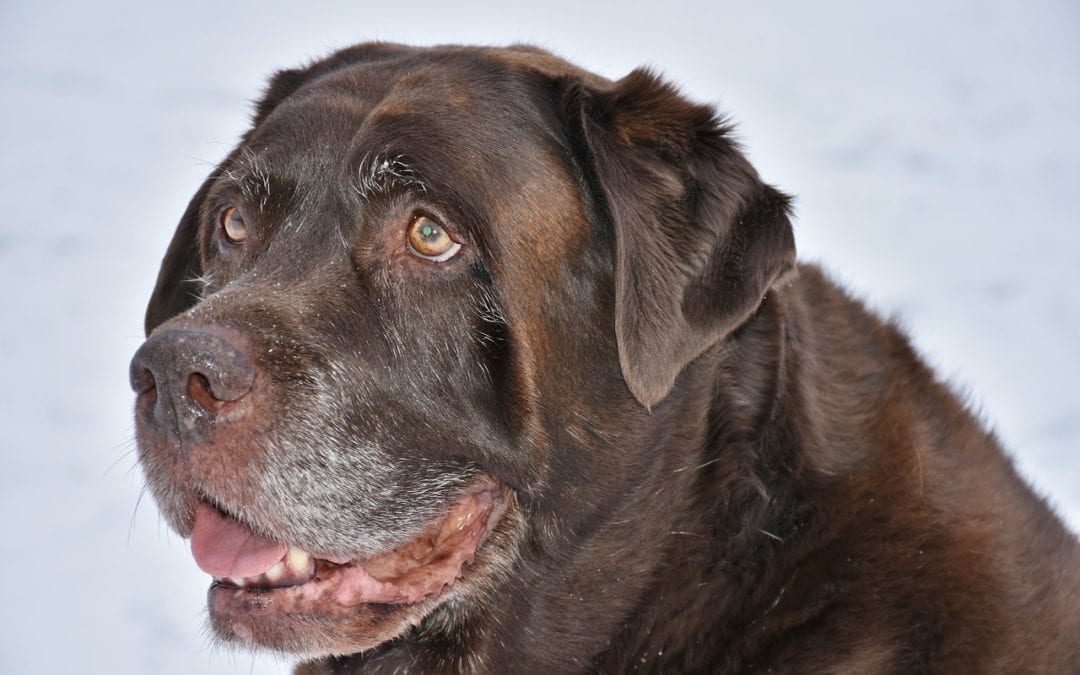In general, people don’t like to think of their pets as being senior citizens. But the veterinary community generally considers our pets to be “senior” at between 7 and 12 years of age, although this may vary with size and breed. It is important to recognize that your pet has become a senior as you may need to take a different approach regarding their health care.
Recognize the power of time
The old adage that 1 human year is equivalent to 7 dog years is not that far off from the truth. While the actual ratio varies somewhat from animal to animal, the fact remains that your pet is aging much more quickly than you are. This makes it very important to keep up preventive care, such as head-to-tail comprehensive examinations at least twice a year (or more), parasite screenings, and screening lab work as recommended by your veterinarian.
Be on the lookout for signs of a problem
Once a pet becomes a senior, the likelihood of health problems developing becomes much higher. It is important to pay attention to what is “normal” for your pet. Just because your dog or cat is eating does not mean everything is okay. Many animals will continue to eat until a problem is very advanced. Catching problems early in their course helps to improve overall prognosis for your pet. Notify your vet if you notice changes in behavior, alterations in bathroom habits, increase or decrease in eating and/or drinking, vomiting, diarrhea, limping, or disinterest in things that normally would get your pet excited. All of these things may be an early sign of a problem.
Make changes to improve quality of life
As your pet ages, be on the lookout for physical changes that may make day-to-day life more difficult for your pet. Arthritic pets may benefit from having stairs to help them get up on the couch or a larger, shallower litter box.
Pay attention to your pet’s weight. Overweight pets are at increased risk for health problems. Provide gentle, consistent exercise for your older animal. If you are not sure what activities are safe, talk to your veterinarian.
Being “old” is not a disease. It happens to everyone. You can help your older pet to live many more happy, healthy years by understanding the aging process and using your knowledge to the fullest.

